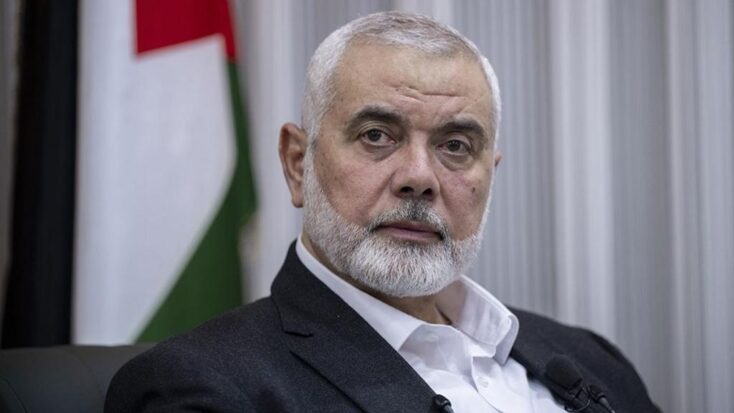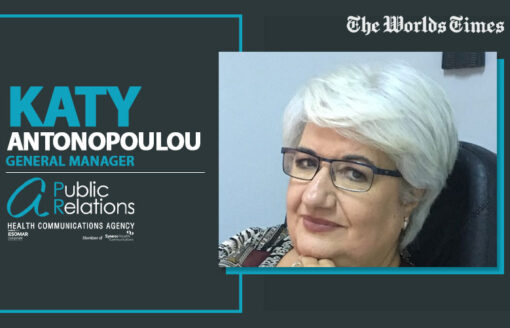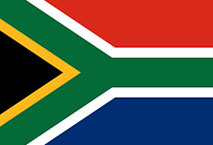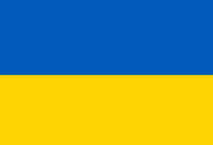Hamas political leader Haniyeh killed in Iran
Hamas says its leader, Ismail Haniyeh, has been killed in an airstrike in Tehran.
Reports say he was killed around 2:00 local time.
Hamas blames Israel for the attack, but Israel has not yet responded. However, Israel has previously vowed to eliminate Hamas leaders.
Haniyeh’s death comes just hours after Israel said it killed a senior Hezbollah commander in Beirut.
These attacks on two senior Iran-backed militant leaders within 24 hours have raised fears of more regional conflict.
Haniyeh’s death also puts ceasefire talks between Hamas and Israel in doubt, as he was a key figure in the negotiations.
Haniyeh, originally from Gaza but living in Qatar for several years, was in Tehran to attend the inauguration of Iran’s president.
The area in Dahiya, in the southern suburbs of the city, has been cordoned off. There is a heavy presence of group members and Lebanese army soldiers.
Shops are closed, and emergency services are still searching through the rubble of the building that was hit.
In a statement this morning, Hezbollah said the senior commander targeted was in the building during the attack yesterday, just before sunset. However, they did not confirm that he was killed, as announced by the Israeli military.
China, Jordan, and Lebanon have joined in condemning the killing of the Hamas leader:
Jordan strongly condemns Israel’s assassination of the Hamas leader, saying it will lead to more tension and chaos in the region. Israel has not commented on whether it was behind the attack.
Lebanon also condemned the attack, with Prime Minister Najib Mikati warning of a serious escalation in the region at an urgent cabinet meeting this morning.
China’s foreign ministry stated it “resolutely opposes and condemns the assassination” and is deeply concerned about increased turbulence in the region. Spokesman Lin Jian added that “a comprehensive and permanent ceasefire” should be reached in Gaza.
Haniyeh was in Mossad’s crosshairs:
The killing of Hamas’s overall leader is significant both because of the target and the location.
Weeks after Hamas’s unprecedented attack on Israel on 7 October, Israeli Prime Minister Benjamin Netanyahu publicly instructed Mossad, Israel’s intelligence agency, “to act against the Hamas leaders wherever they are.”
Ismail Haniyeh was in Tehran when he was killed, reportedly by an aerial strike.
The fact that it happened not in Qatar, where Haniyeh lived with heavy security, but inside Iran, Hamas’s key supporter, sends a message that nowhere is off-limits if Israel indeed carried out the strike. It demonstrates Israel’s capability and willingness to act even in the territory of its most significant adversary.
Haniyeh’s death comes just two weeks after Israel targeted Hamas’s number two, military chief Mohammed Deif, in Gaza. Indications are that he was killed.
The removal of Hamas’s top political and military leaders is the biggest blow to the group both individually and operationally since the war began.
Iran’s president vows retaliation against Israel:
Iranian President Masoud Pezeshkian said he will make Israel “regret” the “cowardly” killing of Haniyeh, adding that Iran would “defend its territorial integrity, honor, pride, and dignity.”
In a statement quoted by AFP news agency, the Iranian president described Haniyeh as a “brave leader.”
The Hamas political leader, based in Qatar, was visiting Tehran to attend Pezeshkian’s presidential inauguration ceremony.
Iran’s supreme leader, Ayatollah Ali Khamenei, also said that avenging Haniyeh’s death is “Tehran’s duty,” adding that Israel, which has not claimed responsibility, had provided the grounds for “harsh punishment.”
Published: 31st July 2024
Also Read:
Top 10 Countries with Most Powerful Military Strength 2024
The 10 Largest Banks in The World in 2024
Top 10 Biggest Companies in the World by Market Cap in 2024
































































